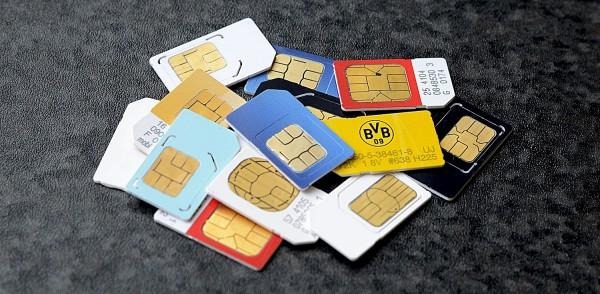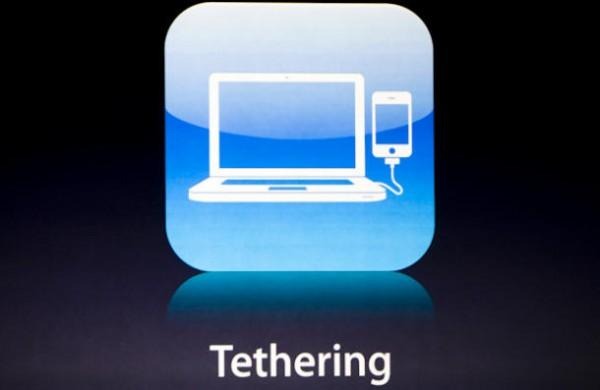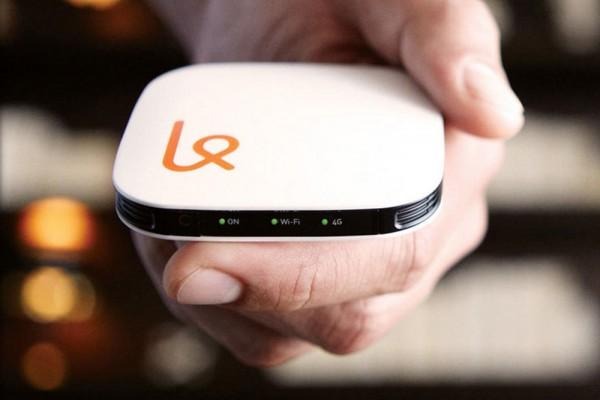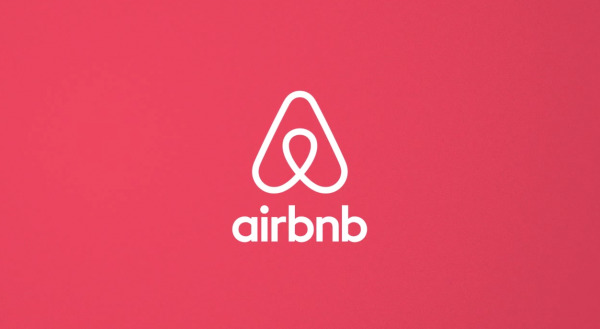Traveling? Here are 5 ways to stay connected (anywhere!)
When you're traveling, connectivity can be important. When you least expect it, a data connection becomes crucial, often leaving you teetering on what happens next on your trip. Everything from directions to planning — even work — can depend on access to the Internet. But how will you know if you can get Internet? Where is it offered? Rather than fly blind when you're in a strange locale, we've got some handy tips for making sure you're connected every time you leave home, regardless of where you go.
Know before you go
Does your hotel even offer WiFi? If they do, do you need to be a member for their rewards program? Some hotels give WiFi out to anyone who stays. Others ask that you are a member of their loyalty program first.
Rather than risk being disconnected, check with your hotel at the time of booking. Hyatt recently announced WiFi would be made available to anyone, while other hotels like Marriott ask that you're a Marriott Rewards Member first. SPG straddles the line, offering tiered service depending on your loyalty. Depending on your needs, it might be worth pledging fealty to a hotel chain to stay connected.

Free WiFi
Before you travel, check out your surrounding area and the areas you're traveling to. If there's a coffee shop or restaurant offering free WiFi in the area, make sure you keep tabs on where it is. When you're on the go, quickly ducking into a cafe for a latte might be better than stumbling around a villa aimlessly.
When you're looking for WiFi, don't forget hotels. Often times, you can get free WiFi in the lobby. If you plead your case, the concierge may even give you a password (if needed). Buying a cup of coffee or making friends with the front desk staff is probably a lot better than being lost.
You might also want to try an app like OpenSignal (for iOS and Android). The app gives you locations of free WiFi hotspots near you so you're not left hoofing and trying to read signs in windows.

Plan ahead
What amount of data do you have on your plan? You know what — it probably won't matter where you're going. What will matter is if your phone will even work where you're going. Even more to the point, you might need a new SIM card and prepaid plan while you're there.
If you're on Verizon or Sprint (in the US), chances are you won't be able to snap up a new SIM card. Most of the world operates on a GSM standard, while those two carriers are CDMA. Your best bet is to spend a few bucks on a low-end burner phone. If you travel often, we'd suggest something like a Moto G, which is still very adequate for more than just emergencies.
Check with your carrier to see if your phone can operate overseas, and make sure you know where to snap up a new SIM card where you're going. Some companies, like Telestial, offer a straightforward method for SIM swapping. Still, you might be best served shopping around and finding your way to the nearest cellular provider store.
Having a plan with data that's known to be working with providers in the place you're staying makes data connectivity more like being at home. Push comes to shove, you can just use your smartphone for data use, and your prepaid plan means there is no fussing with finding a spot that offers free WiFi.

Tethered
Now that you've got your phone plan figured out, it's time to think about tethering.
Some things are better on the desktop or tablet, if you're taking them. Your smartphone might have the data connection, but a larger screen might prove handy. You may also need to do some work while you're away, so tethering to your smartphone may come in really handy.
You may also find favor with a standalone hotspot for travel. Some, like Karma, give you free data so long as you purchase the device outright. Again, make sure it will work where you're going — the point is assured connectivity, not taking chances!

Think alternatively
Maybe that hotel loyalty program for WiFi access is not to your liking. Perhaps you're going to a smaller town where there aren't a lot of WiFi cafes and restaurants. Now what?
Try AirBNB. People who have rentals (or are renting their place out) often have WiFi, so you might end up with a package deal. You might even save a few bucks versus a hotel, and the house or apartment may feel more like you're staying with friends.

Conclusion
Going somewhere new doesn't mean you have to lose the creature comforts you rely on. Taking a few precautionary steps can still have you connected while you're on the run.
Though we sometimes think of being connected as a nuisance, just remember everything is online. Finding a new restaurant or event happening in your area is easier and faster when you've got a reliable data connection. Your favorite apps will work, and vacationing will be much more relaxing (or productive) when you've got data to rely on.
